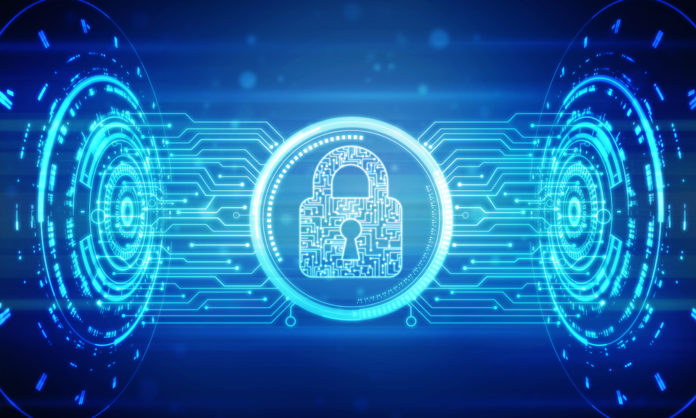Securing Tomorrow: The Pivotal Role of Quantum Computing in Cybersecurity
This simple yet powerful statement highlights the immense potential of quantum computing to revolutionize the cybersecurity landscape. While still in its early stages of development, quantum computers possess the game-changing ability to perform calculations that are impossible for even the most powerful classical computers. This ground breaking technology presents both exciting opportunities and daunting challenges for the realm of cybersecurity.
Potential Threats:
- Shattered Encryption: The encryption algorithms that safeguard our data today, from online banking transactions to classified government communications, rely on complex mathematical problems that are believed to be intractable for classical computers. However, the immense computational power of quantum computers could potentially crack these codes, rendering our current encryption methods obsolete and exposing sensitive data to theft and manipulation.
- Devastating Cyberattacks: Quantum computers could be harnessed to launch unprecedented cyberattacks that cripple critical infrastructure, disrupt financial systems, and sow chaos across various sectors. The ability to bypass current encryption measures and infiltrate even the most secure networks could have catastrophic consequences.
- Evolving Malware: Malware developers could leverage the unique capabilities of quantum computers to create new forms of malicious software that are undetectable and unstoppable by traditional security solutions. This raises concerns about the emergence of highly sophisticated and potent cyber threats that exploit the vulnerabilities introduced by quantum technology.
Opportunities for Advancement:
- Unbreakable Encryption: While the possibility of quantum computers breaking current encryption is worrisome, it has also spurred the development of new, quantum-resistant encryption algorithms. These next-generation algorithms exploit the principles of quantum mechanics to create codes that are unbreakable, even by quantum computers, ensuring the confidentiality and integrity of sensitive data in the quantum age.
- Enhanced Threat Detection: The ability of quantum computers to analyse massive datasets at unprecedented speeds could revolutionize threat detection and prevention. By sifting through mountains of data in real-time, quantum computers could identify and neutralize cyberattacks much faster and more efficiently than classical computers, significantly bolstering our cybersecurity defences.
- Revolutionized Security Solutions: Quantum computing has the potential to unlock entirely new paradigms for cybersecurity. From developing more sophisticated intrusion detection systems to designing unbreakable authentication protocols, the power of quantum technology could lead to the creation of revolutionary security solutions that were previously unimaginable.
Preparing for the Quantum Future:
The impact of quantum computing on cybersecurity is still unfolding, but its potential to reshape the landscape is undeniable. Organisations must proactively prepare for the imminent arrival of this transformative technology by taking the following steps:
- Stay Informed: Continuously monitor advancements in quantum computing and closely track its potential implications for cybersecurity.
- Invest in Research & Development: Allocate resources to exploring and developing quantum-resistant encryption algorithms and other quantum-based security solutions.
- Collaborate and Share Knowledge: Partner with other organisations, research institutions, and government agencies to foster collaboration, share knowledge, and collectively address the challenges and opportunities presented by quantum computing.
- Raise Awareness: Educate employees and stakeholders about the potential risks and rewards associated with quantum computing and emphasize the importance of cybersecurity preparedness.
By embracing a proactive approach and actively preparing for the quantum future, organisations can ensure their continued resilience in the face of evolving cyber threats and harness the immense potential of quantum computing to create a more secure digital world.
